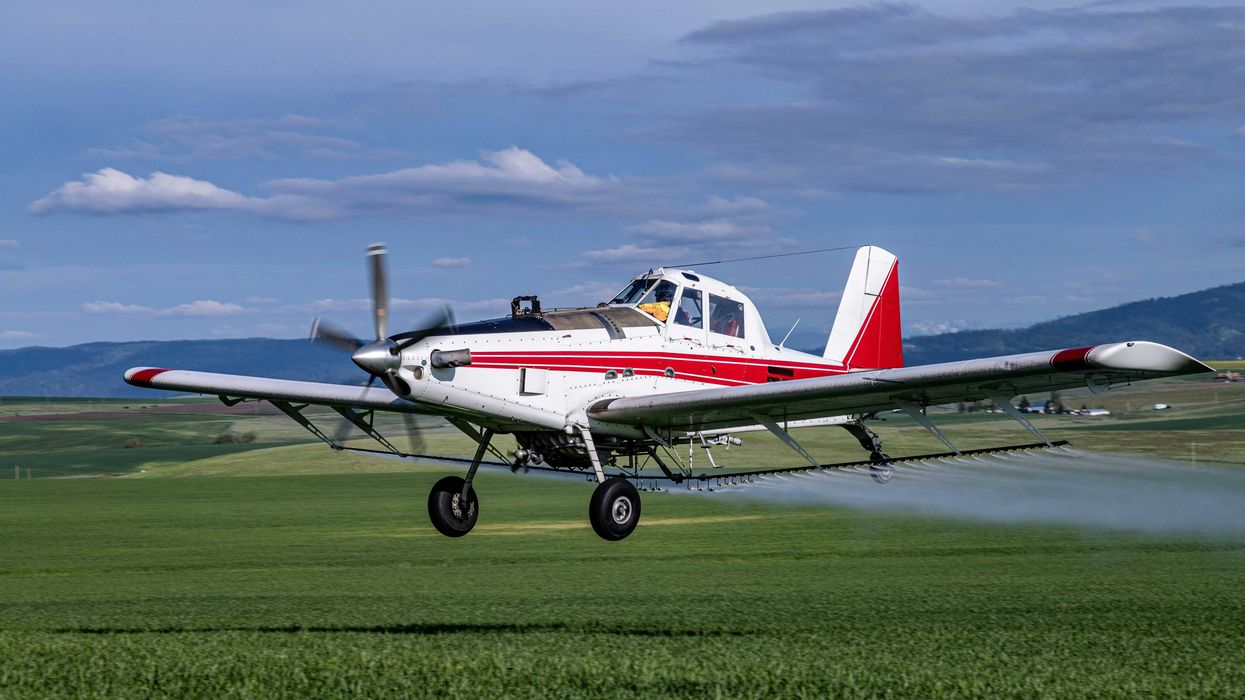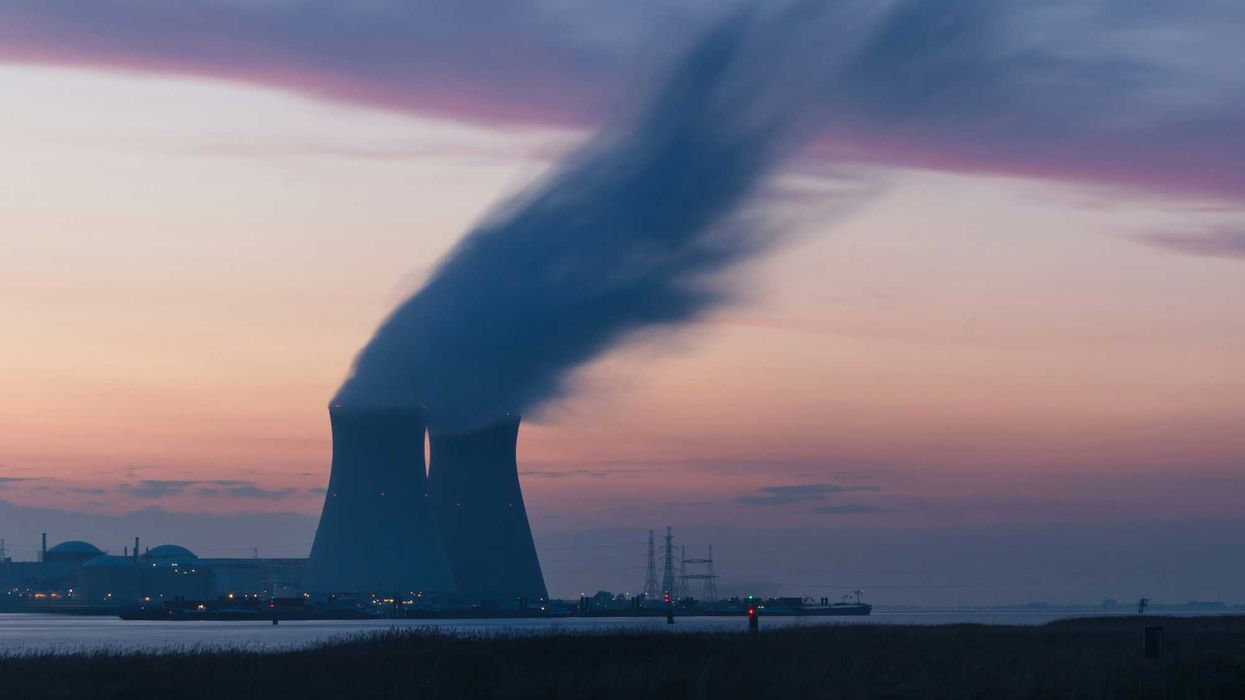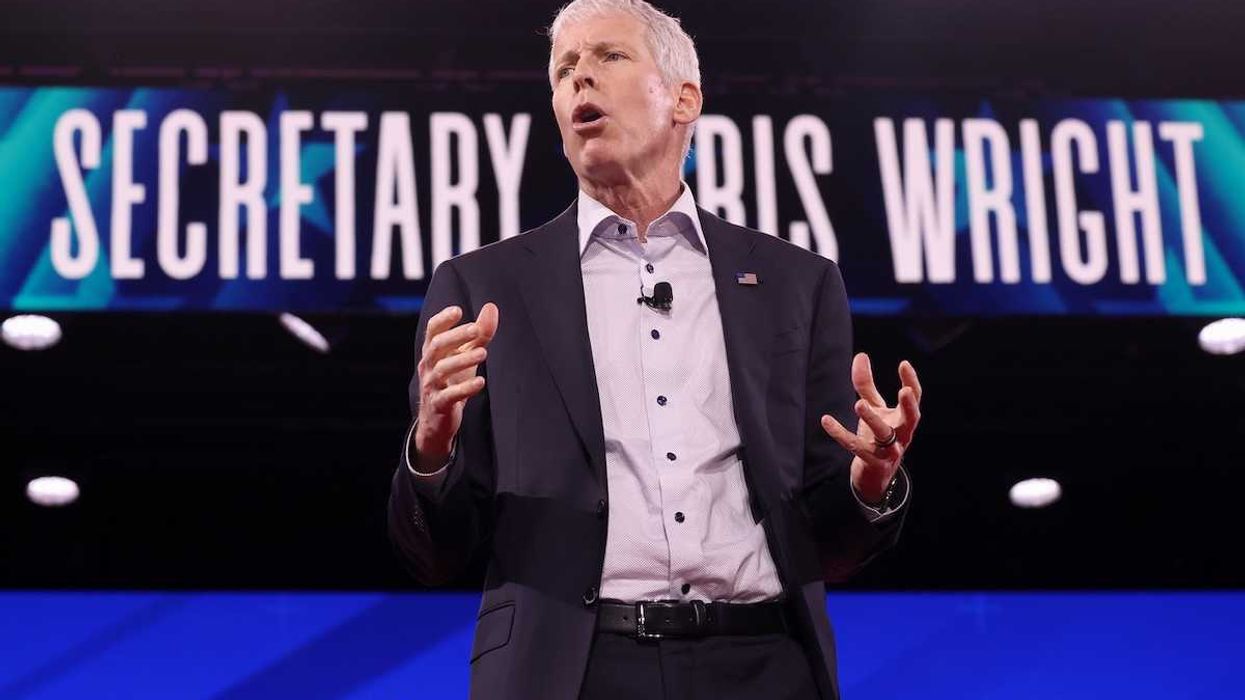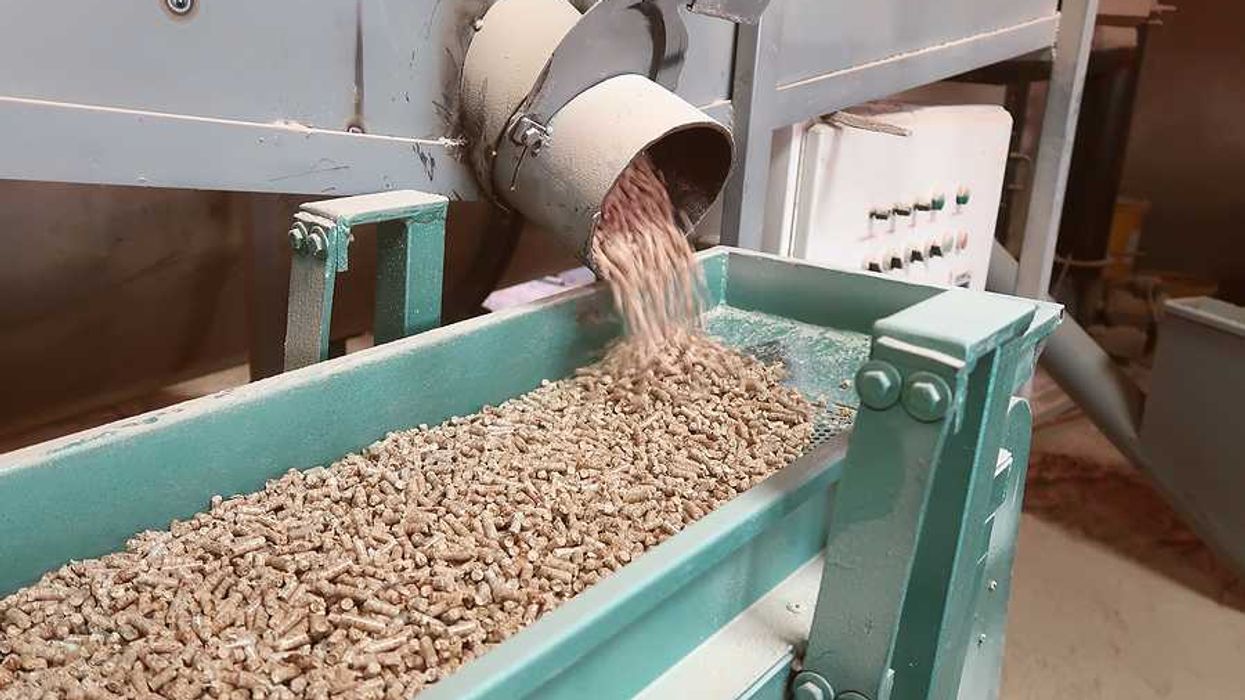Harvard scientists explore the impact of mercury contamination in the Amazon's food web in a recent study.
Leah Burrows reports for The Harvard Gazette
In short:
- Harvard researchers, led by Evan Routhier, are studying mercury contamination in the Amazon, focusing on its transformation into methylmercury.
- The team collaborates with local Brazilian universities to understand mercury's entry into the food chain, crucial for communities relying on fish as a primary food source.
- This research is vital for understanding the mercury cycle in the southern hemisphere and its effects on local communities and ecosystems.
Key quote:
"We want to understand how and why mercury is getting transformed into methylmercury and where that mercury is coming from."
— Evan Routhier, graduate student in environmental science and engineering, Harvard University
Why this matters:
This research is crucial for health outcomes, as it addresses the risks of mercury contamination in a major food source for Amazonian communities. It highlights the broader issue of environmental pollution and its direct impact on human health and ecosystems, a significant concern in national and global environmental discussions.
Dead fish carry toxic mercury to the deep ocean, contaminating crustaceans.














